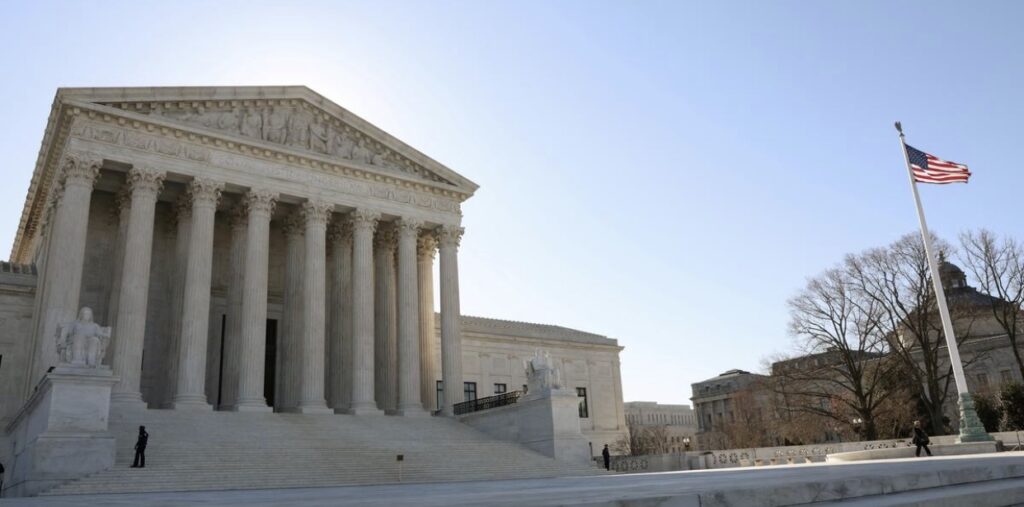
Editor’s Note: Will this be the strategic means for the United States Supreme Court to avoid overturning Roe vs. Wade?
To refuse to take action on individual State appeal cases that come before the Supreme Court Justices, knowing that some states such as Alabama have crafted and passed anti-abortion legislation with the intent for pro-abortion advocates and legislators to bring suit against it?
The U.S. Supreme Court on Monday took no action on appeals seeking to revive two restrictive Republican-backed abortion laws from Indiana, even as debate rages over a new measure in Alabama that would prohibit the procedure almost entirely.
Neither Indiana case was on the list of appeals on which the court acted on Monday morning. The court could next announce whether or not it will hear the cases on May 28.
If the nine-justice court takes up either case, it would give the conservative majority an opportunity to chip away at the landmark 1973 Roe v. Wade ruling that legalized abortion nationwide and recognized a right under the U.S. Constitution for women to terminate pregnancies.
One of the Indiana laws requires fetal remains to be buried or cremated and bans abortions performed because of fetal disability or the sex or race of the fetus. The other law requires women to undergo an ultrasound examination at least 18 hours before they undergo an abortion.
Both Indiana measures were signed into law in 2016 by Vice President Mike Pence when he was Indiana’s governor and were struck down by federal judges the following year. The state of Indiana is appealing to the Supreme Court.
The Alabama law was signed by Republican Governor Kay Ivey last week but is not set to go into effect for six months. It would outlaw almost all abortions, including in cases of pregnancies resulting from rape or incest. Exceptions would be allowed only to protect the mother’s health. Doctors who perform abortions could face up to 99 years in prison.
The Alabama law was written with the assumption that it would face legal challenges and could ultimately end up at the high court.
Continue reading here.
[Editor’s Note: This article was written by Lawrence Hurley and originally published at Reuters. Title changed by P&P.]











